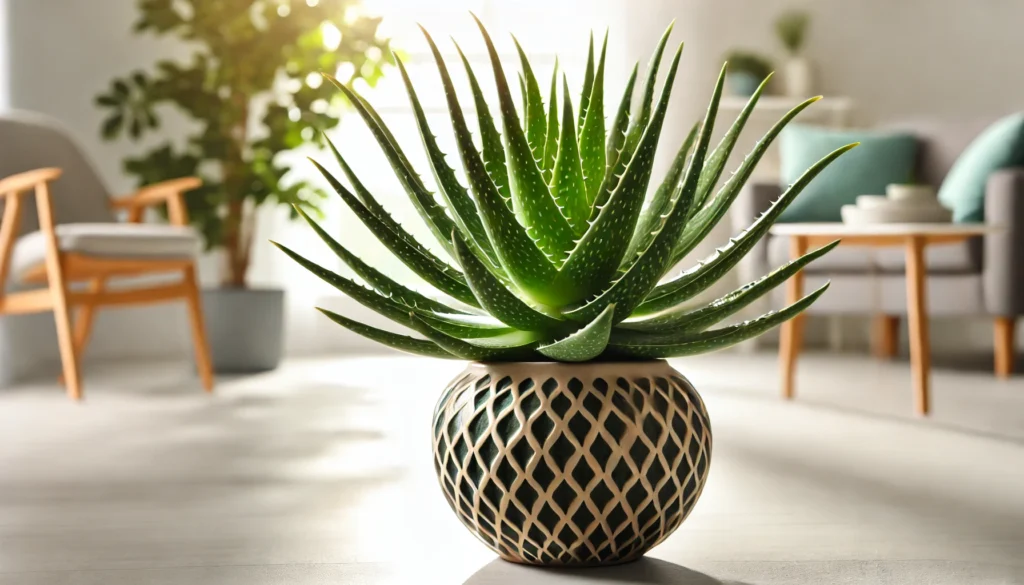
Eucalyptus, formally known as Eucalyptus globulus, is a fast-growing tree that can reach impressive heights of up to 200 feet in its native environment. Known for its aromatic leaves and striking silvery-blue foliage, Eucalyptus is commonly grown both as a landscape tree and as an indoor potted plant. Its versatility and distinctive appearance make it a popular choice for gardens and homes alike.
The History and Ideal Growing Conditions
Eucalyptus trees are native to Australia, where they dominate the landscape as one of the most common and diverse groups of trees. They have adapted to a wide range of environments, from coastal regions to mountainous areas. When cultivating Eucalyptus, it’s essential to provide the right growing conditions. These trees thrive in full sun and well-draining soil. They prefer a slightly acidic to neutral pH, and while they are drought-tolerant once established, they benefit from regular watering during their early growth stages.
Is Eucalyptus Toxic to Pets?
Unfortunately, Eucalyptus is toxic to pets, including cats, dogs, and horses. The leaves contain eucalyptol, which can cause nausea, vomiting, and diarrhea if ingested. In severe cases, it can lead to more serious symptoms such as lethargy and respiratory issues. If you have pets that might be tempted to nibble on plants, it’s best to avoid growing Eucalyptus indoors or in areas accessible to them.
Safe Alternatives for Pet Owners:
If you love the look of Eucalyptus but want a pet-safe alternative, consider growing plants like the Spider Plant, Boston Fern, or Areca Palm. These plants are non-toxic and can provide similar aesthetic appeal without the risk to your furry friends.
Best Practices for Caring for Eucalyptus
Caring for Eucalyptus requires attention to its water, light, and soil needs. Proper care will ensure that this fast-growing tree remains healthy and vibrant.
Watering and Humidity:
Eucalyptus trees are relatively drought-tolerant once they are established. However, during the first year, they require consistent watering to help establish their root system. Water the tree deeply and allow the soil to dry out slightly between waterings. Eucalyptus prefers low to moderate humidity, making it well-suited to dry climates.
Soil, Light, and Temperature:
Eucalyptus thrives in well-draining soil with a slightly acidic to neutral pH. Sandy or loamy soils are ideal. These trees need full sun to grow well, so plant them in a location where they can receive at least 6-8 hours of direct sunlight each day. Eucalyptus is also frost-sensitive, so it’s best grown in USDA zones 8-11. In colder climates, it can be grown in containers and moved indoors during the winter.
Common Problems and Simple Remedies
Eucalyptus trees are generally hardy, but they can encounter some issues:
- Leaf Drop: This can occur due to stress from overwatering, poor drainage, or sudden changes in temperature. Ensure proper watering practices and avoid placing the tree in drafty or overly humid areas.
- Pests: Eucalyptus can attract pests such as aphids, spider mites, and psyllids. Regularly inspect the plant and use insecticidal soap or neem oil to manage infestations.
- Root Rot: Overwatering or poorly draining soil can lead to root rot. Ensure the soil drains well and avoid watering too frequently.
Invasive Species Consideration:
In some regions, particularly in parts of California and other Mediterranean climates, Eucalyptus can become invasive. It spreads quickly and can outcompete native plants, disrupting local ecosystems. If you’re concerned about its invasiveness, consider planting native alternatives like the California Bay Laurel (Umbellularia californica), which offers a similar aesthetic without the ecological risk.
Propagation and Benefits of Eucalyptus
Propagating Eucalyptus is typically done through seeds, as they germinate readily and grow quickly. Sow seeds in a well-draining soil mix and keep them in a warm, sunny location. In addition to its ornamental value, Eucalyptus is prized for its medicinal properties. The leaves are often used in essential oils to treat respiratory issues and to repel insects.
Final Thoughts
Eucalyptus is a versatile and aromatic tree that can add beauty and fragrance to your garden or home. While it requires careful consideration due to its toxicity to pets and potential invasiveness in some regions, with the right care and attention, Eucalyptus can thrive and provide a stunning focal point in any landscape. Whether you’re drawn to its fast growth, distinctive foliage, or health benefits, Eucalyptus is a plant that offers both beauty and function.
Stay connected with the world of plants! Subscribe to Phylofy for expert gardening tips, DIY projects, and eco-friendly inspiration. Join our community and nurture your love for nature. Don’t miss exclusive content and updates. Subscribe now!



